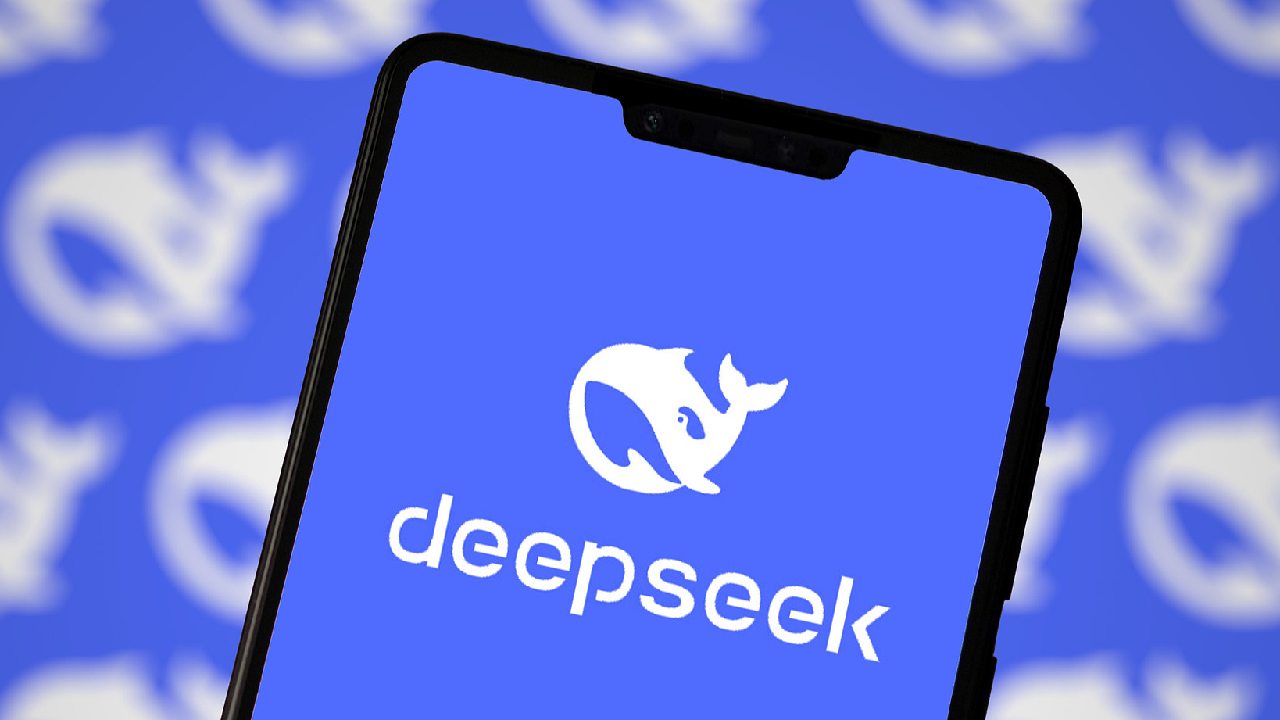Global benefits will result from US-China cooperation on AI
DeepSeek highlights the importance of early collaboration between the US and China in ensuring a brighter future for humanity.

DeepSeek represents another sign of the vital need for early cooperation between the US and China to secure a brighter future for humanity.
At Donald Trump's presidential inauguration, prominent figures from the tech world—Elon Musk, Jeff Bezos, and Mark Zuckerberg—were seated in prominent positions, highlighting the influence of big tech in Trump's agenda. The day after, on January 21, Trump introduced the $500 billion Stargate project, with Sam Altman by his side, which aims to create massive data centers essential for advancing the next generation of AI.
AI is increasingly being recognized as a transformative technology with the potential to revolutionize human life. The prevailing sentiment in Washington is that maintaining global dominance in the 21st century hinges on preserving US leadership in AI, particularly in competition with China.
However, the day following the Stargate announcement, DeepSeek released a paper showcasing its groundbreaking achievement: the R1 model. This launch sent shockwaves through the global tech landscape, challenging the US’s understanding of its own AI leadership.
The surprise development, which Trump termed a "wake-up call," came as his administration was engaged in a contentious discussion regarding the H-1B visa program. Companies in Silicon Valley maintain that this program is crucial for sustaining the US's technological edge. Nevertheless, Vivek Ramaswamy noted that America’s dependence on foreign talent is rooted in broader cultural issues. "A society that celebrates the prom queen over the math Olympiad champion, or the jock over the valedictorian, will not produce the best engineers," Ramaswamy remarked on X.
Conversely, China's educational strategy is singularly aimed at generating STEM graduates to elevate the nation into a high-tech powerhouse. Decades of continuous investment have enabled China to cultivate a growing cadre of world-class scientists and engineers. A notable aspect of DeepSeek is that it is entirely driven by local Chinese talent.
During a Senate Foreign Relations Committee hearing, Melanie Hart from the Atlantic Council suggested that the US might want to consider "poaching" top AI talent from China to keep up with DeepSeek's swift progress. However, the widespread anti-China sentiment in the US raises questions about whether the current brain drain of Chinese scientists will slow down—and whether any would feel secure returning.
As expected, DeepSeek's impressive achievement was regarded as a national security concern during the same Senate hearing. Despite former US Commerce Secretary Gina Raimondo’s assertion that curbing China is a fool's errand, the US seems resolute in intensifying efforts to impede, if not halt, China's advancement in AI.
Regardless, China continues to move forward. As DeepSeek illustrates, US restrictions have not only fortified China’s resolve but have also stimulated groundbreaking AI innovations. DeepSeek operates openly and is achieving these notable advancements at a significantly lower cost than ChatGPT’s closed-source model. Moreover, it is just one among numerous entities—like ByteDance, iFlytek, and MoonShot—set to unveil advanced reasoning models in China.
The competition between DeepSeek and ChatGPT goes beyond a mere clash of AI technologies—it embodies a confrontation between two fundamentally different governance systems.
Concerns about a potential "techno-feudal" oligarchy were raised by the presence of tech billionaires at Trump’s inauguration, with fears that it could disproportionately benefit US tech giants at the cost of wider societal concerns. Indeed, for many, DeepSeek’s success has revealed the self-serving exaggerations perpetuated by US big-tech companies, inflating their contributions to AI development in a bid for investment and market dominance.
The dynamics surrounding Chinese Premier Li Qiang’s meeting with DeepSeek’s founder Liang Wenfeng in early January sharply contrast with the presence of US tech leaders at Trump’s inauguration. The seating arrangement itself highlights a clear hierarchy, reinforcing the authority of the party-state in China’s governance structure.
This party-state has effectively moderated the influence of China’s business elites to ensure that progress and development ultimately benefit the public. This is emblematic of “socialism with Chinese characteristics,” wherein advancements in technology, such as those from DeepSeek, are designed to serve the populace rather than corporate interests.
China’s advancements in other technologies, including electric vehicles and solar panels, are facilitating a faster and more cost-efficient transition to a greener economy, particularly for nations in the Global South. Through these innovations, China is laying the groundwork for a "community with a shared future for mankind."
Meanwhile, the Trump administration's withdrawal from the Paris Agreement and the WHO has undermined collective global efforts to tackle pressing crises. However, it is the intense US-China rivalry that poses the greatest challenge to global stability.
Certainly, while DeepSeek has unleashed the transformative capabilities of AI, these significant advancements also carry unknown risks to humanity. Instead of collaborating to address these threats, Washington is doubling down on efforts to sever its AI research from China. The US’s zero-sum approach to AI supremacy is a reckless pursuit that risks endangering humanity itself.
DeepSeek exemplifies that China will not be dissuaded by any US efforts to contain its progress. The sooner Washington recognizes this reality and embraces a partnership with China, the more beneficial it will be for America and the future of humanity.
Sophie Wagner for TROIB News
Find more stories on Business, Economy and Finance in TROIB business












